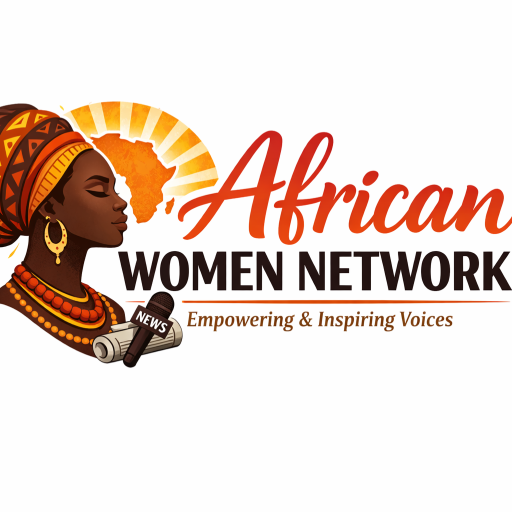
In a concerted effort to eliminate mother-to-child transmission of HIV, syphilis, and hepatitis B (known as Triple Elimination), Sierra Leone has strengthened its healthcare workforce through targeted training of frontline health workers in the cities of Makeni and Bo.
The training which took place from March 10 to 14, 2025, aimed at equipping healthcare providers with the knowledge and skills required to deliver integrated Elimination of Mother-to-Child Transmission (EMTCT) services within maternal and child health (MCH) platforms. A total of 80 participants—comprising Maternal and Child Health Aides, Senior Enrolled Community Health Nurses, Midwives, Community Health Officers, and HIV Counselors—attended the training, with 40 participants in each location.
The training equipped participants with practical skills to provide integrated services for EMTCT of HIV, syphilis, and hepatitis B. This included screening and treating pregnant women, as well as timely testing and treatment for exposed infants. Participants also learned about hepatitis B vaccination and how to ensure effective linkage to care. Overall, the training enhanced healthcare workers’ ability to deliver comprehensive and essential EMTCT services.
The World Health Organization (WHO) provided technical support to ensure the training aligned with global best practices. WHO’s contributions included reviewing training materials, facilitating sessions, and offering expert guidance on effective EMTCT strategies, clinical case management, and service integration.
This initiative was funded by the Global Fund and addressed critical gaps identified in a rapid EMTCT cascade analysis conducted in June 2024. This analysis revealed significant service delivery challenges: only 77 out of every 100 newly diagnosed women living with HIV were initiated on antiretroviral therapy (ART) during their first antenatal care (ANC) visit, only 36 out of every 100 HIV-positive women delivered in health facilities, and up to 30 out of 100 infants tested positive for HIV at 18 months. Furthermore, stock-outs of HIV and syphilis testing kits, data integrity issues, and weak laboratory systems exacerbated these challenges, undermining the overall performance of the Triple Elimination program.
This initiative reinforces Sierra Leone’s commitment to global EMTCT targets and improving maternal and child health. Immediate outcomes from the training include enhanced capacity of frontline healthcare workers to deliver integrated triple elimination services, stronger coordination between MCH and disease-specific programs to optimize service delivery, and improved preparedness in healthcare facilities to offer timely testing, treatment, and prevention interventions.
Reflecting on the impact of the training, Sr. Roberta Macauley, the District Health Sister (DHS1) in Falaba District, stated, “This training has enhanced my knowledge and skills, providing up-to-date information on prevention, transmission, and care. Though I don’t work directly with patients, I now have a stronger foundation in counseling, understanding the necessary steps before treatment, and reinforcing prevention strategies. When I’m in the field for supervision, I will know what to look for.”
Similarly, Annie Morlai, a Senior Enrolled Community Health Nurse at Kombayandeh Community Health Centre in Kono District, highlighted the importance of ongoing support: “If we, as health workers, do the right thing at our facilities for all HIV-positive women, we can build a future with an HIV-negative population and a healthier nation. To achieve this, we need regular support from our national and district teams to monitor our progress and ensure the consistent availability of essential medicines and test kits.”
To maintain the gains achieved from this training, ongoing mentorship and supportive supervision for trained healthcare workers will be essential. Strengthening supply chain management to ensure the continuous availability of HIV test kits, ART, and other essential commodities remains a priority. Additionally, robust monitoring and evaluation mechanisms will be critical for tracking progress, identifying gaps, and informing future policy and programmatic decisions.
Investing in healthcare workforce development remains a key priority for the WHO, the Ministry of Health, and their partners. Strengthening human resource capacity will be crucial to sustaining progress toward EMTCT and improving long-term health outcomes for women and children in Sierra Leone.







